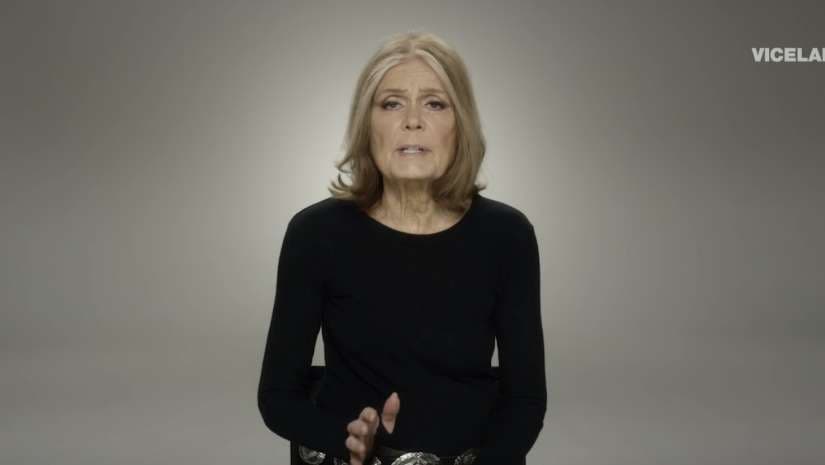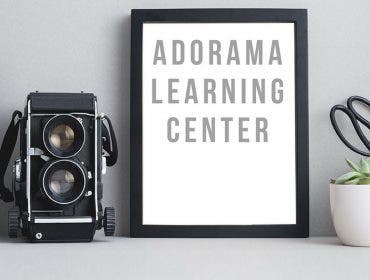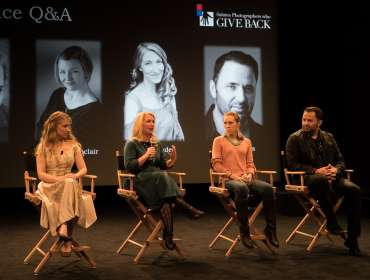In its quest to make the world a better place through movies, this year the Chelsea Film Festival (CFF) tackled women’s issues with one of the strongest voices for women’s rights—Gloria Steinem, who has been an outspoken champion for the cause since the 1960s.
The festival showcased three films from the Emmy-winning VICELAND documentary series on HBO. The trio of short docs introduced by Steinem on-screen, who is also an associate producer of the series, included the Festival’s documentary winner in the Short Film Awards category about the plight of women in the Democratic Republic of Congo (DRC). The moving film, DRC: Rape as a Weapon of War, highlights the violation of women in the DRC, something that has been going on for 20 years and is estimated to involve 1.8 million cases.
The Saviors
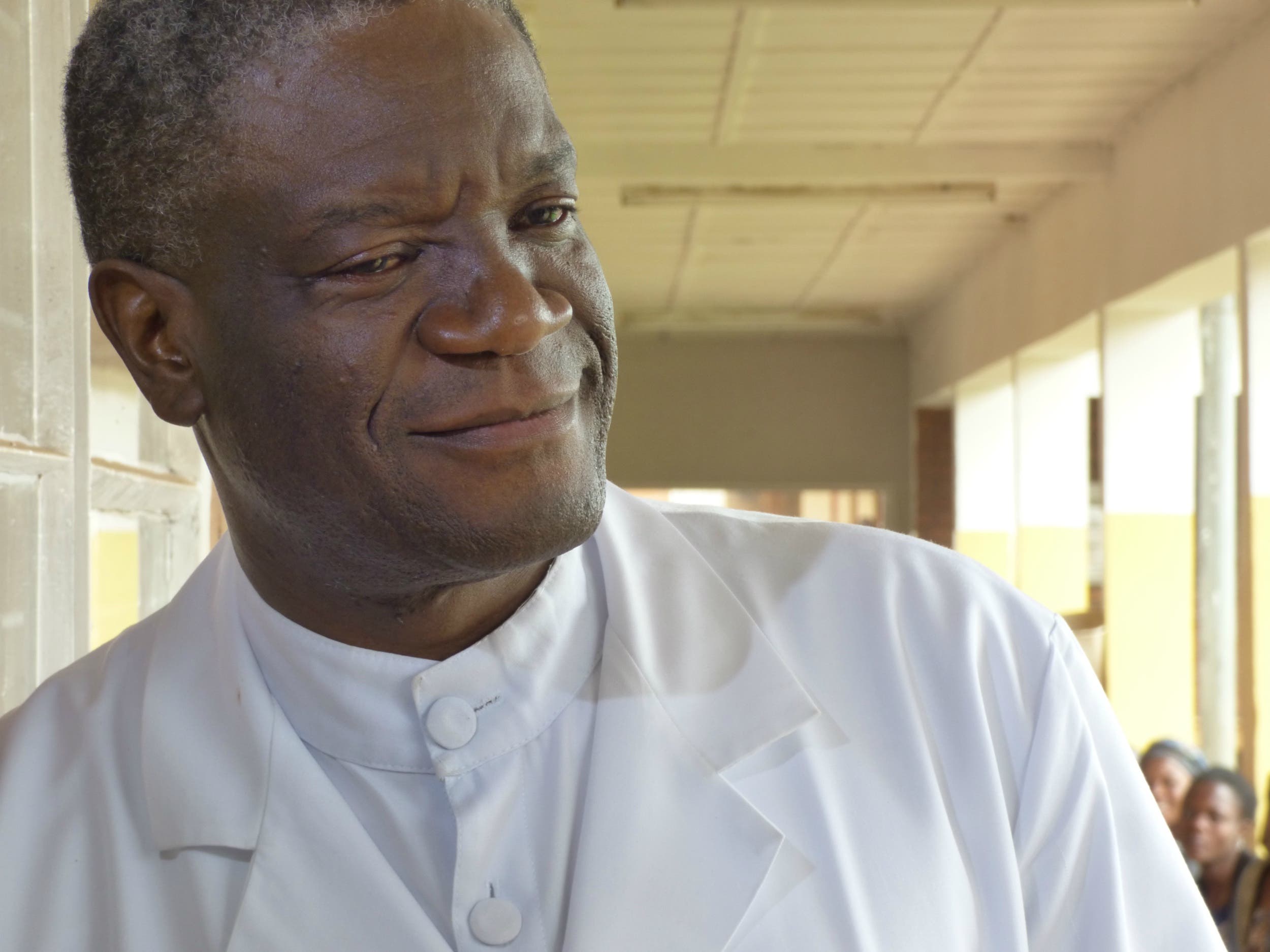
The film was shot in the series’ immersive style of documentary filmmaking where the primarily female crew told the stories of the victims of rape in DRC. The documentary features Dr. Denis Mukwege (above), who treats many of the women and young girls who otherwise might not receive medical care after the attacks. His foundation recognizes the brutality of these attacks, which are more about power than sexual desire, as they involve gang rape and rape with objects and weapons, as well as other forms of sexual violence, such as sexual slavery, forced prostitution, forced pregnancy, forced sterilization and abortion, sexual mutilation, and sexual torture.
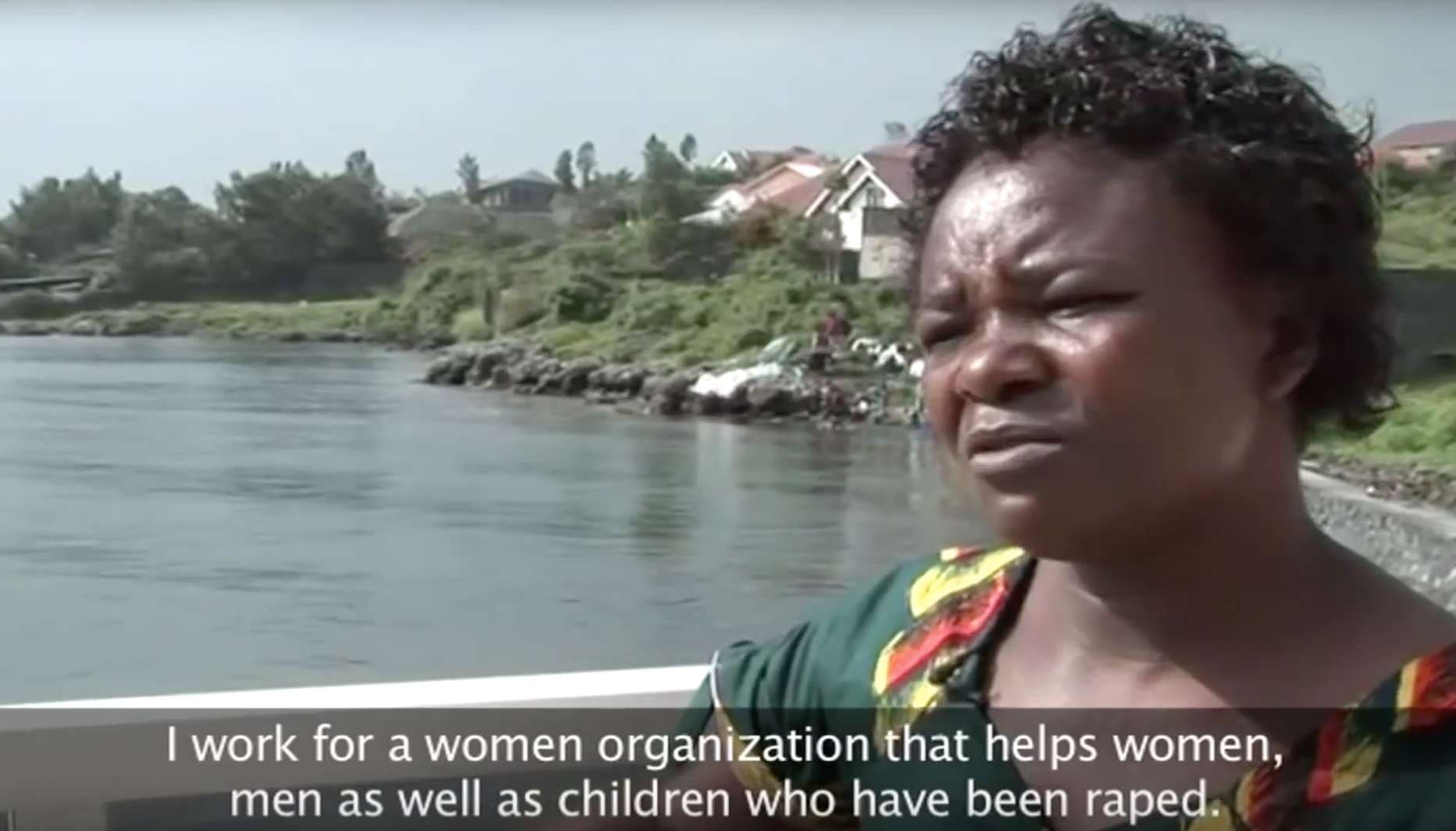
Another savior of these innocent victims is Masika Katsuva. She created a sanctuary for the rape survivors, who are scarred for life and often rejected by society due to the stigma of sexual assault (which is often done in public to produce greater shame), to help them get back on their feet and become part of a community again.
The Purpose
The Woman series consists of eight episodes currently airing on Viceland, which reaches an audience of over 300 million mostly millennial viewers. According to Ariel Wengroff, the executive producer of the show, the goal is to utilize the VICE platform to highlight issues that the audience might not otherwise be aware of. In the case of this series, the theme is gender-based violence and injustice around the world.
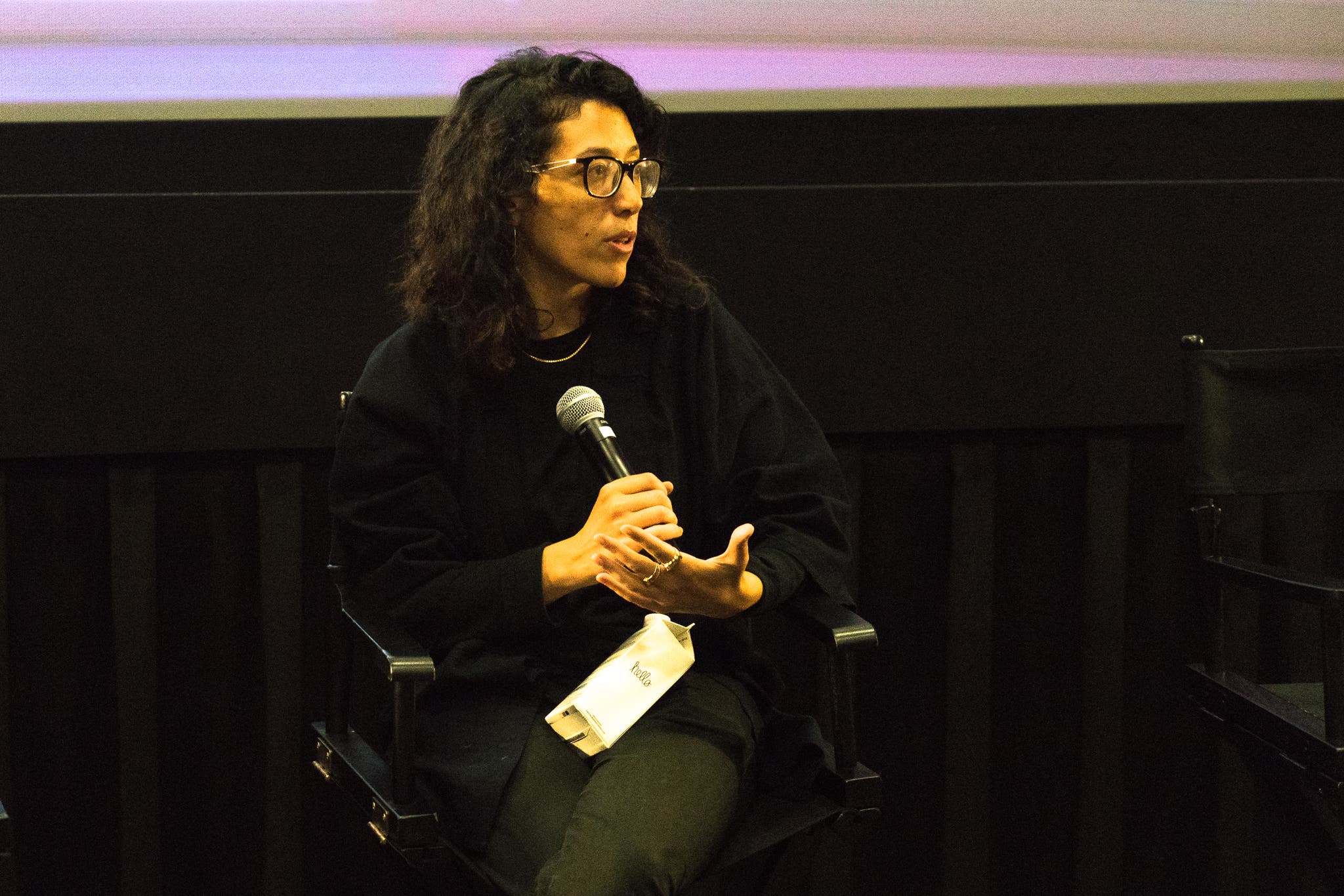
“If you bear witness to these stories then you have the ability to create change,” says Wengroff. “We’re giving an extraordinary amount of young people the opportunity to learn about these issues, go online learn more about the organizations we’re partnering with, and help donate and create change in these local places.”
In addition to the documentary on rape in the Congo, the Vice Media: Woman with Gloria Steinem, also showcased two of its other films on the topic including Mothers Behind Bars, a documentary about women in the U.S. that are locked up and separated from their children and the psychological effect it has on the families. The third documentary, On the Frontlines, is a film about women in Pakistan and the balance between cultural traditions, female education and changing times of how that society looks at women.
The Power of Storytelling
The power of storytelling is not just about highlighting an issue, but about the inspiration it provides to those who are willing to make a difference. Watching an impactful story can be the catalyst to propel one towards change that needs to be made. As Ariel Wengroff put it, “go with your gut, don’t believe in the word no, fight for what you believe in and know that its going to take a long time in some cases to see change and it’s OK. Your effort is really worth it.”
Filmmakers, photographers, and writers are all storytellers with the power to make change, but when one focuses on crimes like these that need broader awareness to try and stop the practice, the message and impact are even greater. Lives can be saved and made better, especially if it leads to a greater effort on the part of the government to stop these acts of violence.
So when you are searching for a topic for your first (or second or third) film, keep in mind that while films can entertain and enlighten, they can also help alter the wrongs of society. A documentary series like Woman has that power as it spreads the word about the atrocities and gets more activists involved in the cause.
